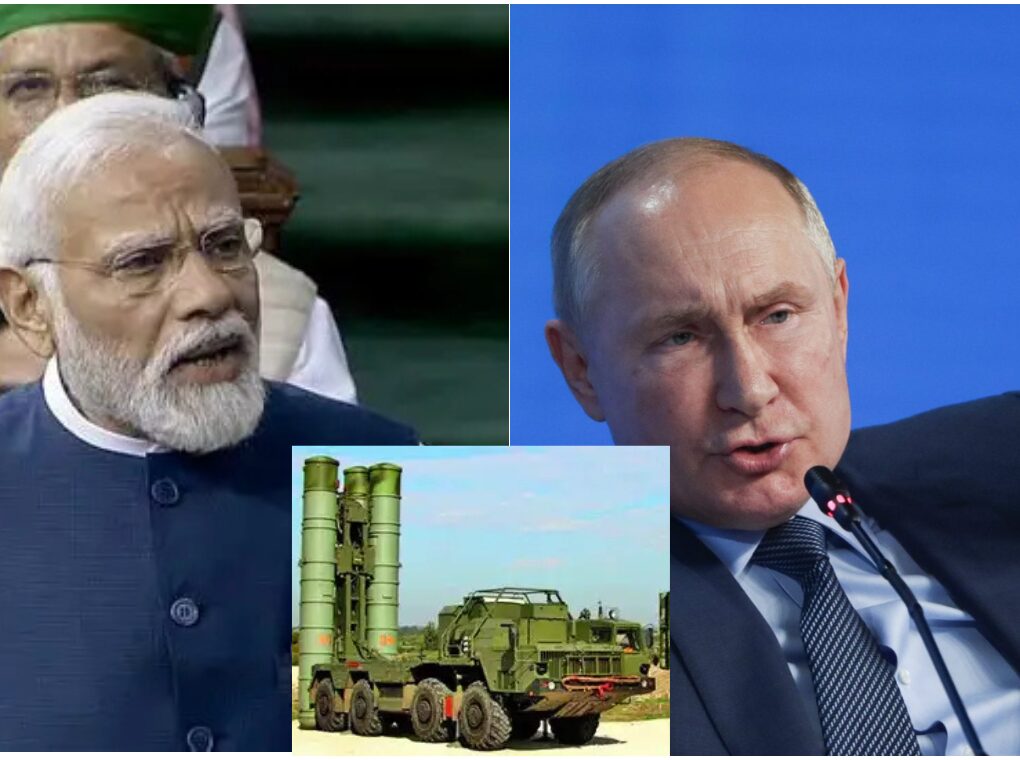In a dramatic counterintelligence breakthrough, Moscow has dismantled a clandestine spy network allegedly orchestrated by Pakistan’s notorious Inter-Services Intelligence (ISI). The covert operation, which aimed to smuggle sensitive Russian military technology, marks a significant blow to Islamabad’s espionage ambitions — and signals a new front in the ongoing geopolitical tug-of-war involving Russia, Pakistan, and their Western partners.
According to reports from Russian security agencies, a Russian national was arrested in St. Petersburg while attempting to exfiltrate classified documents about Russia’s cutting-edge air defence systems and military helicopter technologies.
Among the targeted assets were details related to the Mi-8AMTShV “Terminator” — a versatile military transport and assault helicopter — and its Arctic variant, the Mi-8AMTShV (VA), known for its advanced insulation, extended-range fuel tanks, and adaptability in extreme cold-weather operations.
The foiled espionage operation is said to have taken place just months after Operation Sindoor — another ISI-linked attempt to illegally acquire blueprints of advanced Russian air defence technologies, including components linked to the S-400 Triumf missile defence system. The S-400, already in service with the Indian Air Force, has been hailed as a “game changer” in regional deterrence dynamics and remains one of the most formidable surface-to-air missile systems globally.
Russia’s Spy Catchers Strike Back
Russian counterintelligence authorities reportedly acted swiftly upon intercepting suspicious communications linked to Pakistani handlers. The suspect — whose identity remains undisclosed — was allegedly caught with sensitive technical documents and encrypted data meant to be transmitted through a network of intermediaries spanning multiple countries.
The plot suggests that ISI was not operating alone; rather, it may have had indirect support from actors in the Western intelligence ecosystem, seeking to undermine Russia’s strategic advantage amid the ongoing Ukraine conflict.
Sources familiar with the matter indicated that Pakistan’s espionage mission was aimed at stealing critical air defence data that could potentially be shared with Western partners or adapted for use against Russia itself. The move reflects growing concerns within Moscow that Islamabad’s deepening security cooperation with Washington may be exploited to extract and weaponize Russian technologies against its interests — particularly in theatres like Ukraine or Central Asia.
Pakistan’s Double Game
For decades, Pakistan has maintained a balancing act between East and West — courting U.S. aid while pursuing strategic ties with China and Russia. However, this latest incident could mark a decisive turning point. With Russia and India deepening their defense partnership and the S-400 system emerging as a cornerstone of India’s air defense grid, any attempt by the ISI to steal Russian technology risks igniting diplomatic tensions and further alienating Moscow.
Analysts suggest that Pakistan’s motives extend beyond industrial espionage. By obtaining classified information on Russian air defence and helicopter systems, Islamabad could aim to reverse-engineer components for its military industry or pass them on to Western allies seeking to decode Russia’s defence architecture — particularly systems deployed in Ukraine. Such intelligence could also bolster Pakistan’s own defence collaboration with nations like Turkey or Ukraine, where joint drone and missile development programs have been quietly evolving.
Operation Sindoor’s Shadow
The timing of this operation is significant. It follows closely on the heels of Operation Sindoor. This earlier Russian investigation exposed an ISI-led attempt to infiltrate defence supply chains related to advanced radar and missile components. Russian-produced S-400 systems, used effectively by India in simulated combat scenarios, reportedly played a decisive role in Operation Sindoor, showcasing their unmatched capabilities in tracking and neutralizing aerial threats.
That success appears to have drawn ISI’s attention — and possibly, Western interest — in learning the system’s vulnerabilities. Moscow’s latest bust, therefore, represents not only an espionage win but also a message: Russia’s counterintelligence apparatus remains alert and capable of defending its technological sovereignty even amid global conflicts and hybrid warfare pressures.
Diplomatic Ripples
Following the exposure, Russia’s embassy in Islamabad reacted sharply to a Pakistani English daily, The Frontier Post, for running articles promoting what it described as “anti-Russian narratives.” The embassy’s public rebuke indicates rising unease in Moscow about Pakistan’s role in facilitating narratives that align with Western disinformation campaigns targeting Russia.
If confirmed, ISI’s involvement could have far-reaching consequences. Pakistan, already under scrutiny for its opaque intelligence operations and alleged links to global espionage networks, risks diplomatic isolation at a time when it is struggling with economic instability and dwindling Western support.
A Warning from Moscow
The dismantling of the ISI spy network sends a strong signal to adversaries attempting to infiltrate Russia’s defence ecosystem. With the Ukraine war intensifying and the global scramble for military technology escalating, Moscow’s vigilance against such covert threats is likely to increase.
For Pakistan, however, the fallout could be severe. Its covert meddling in Russian defence domains may jeopardize its tenuous relations with Moscow, push it closer into Washington’s geopolitical orbit, and further erode its credibility as a responsible international actor.
In essence, Moscow’s counter-espionage triumph underscores one undeniable fact — in the modern geopolitical chessboard, the race for military technology supremacy has become the new frontline of global power struggle, and Russia just checkmated one of its quieter adversaries.
